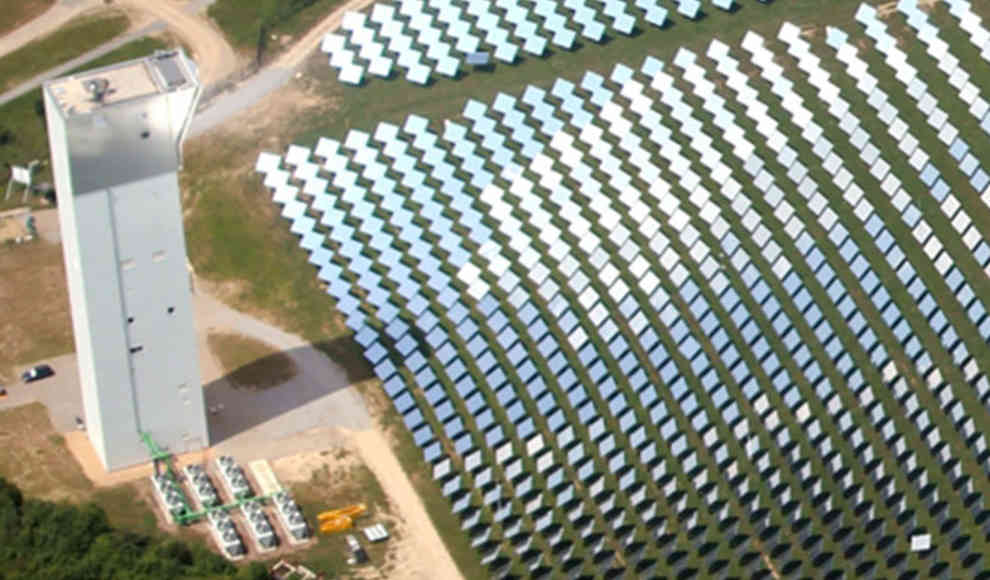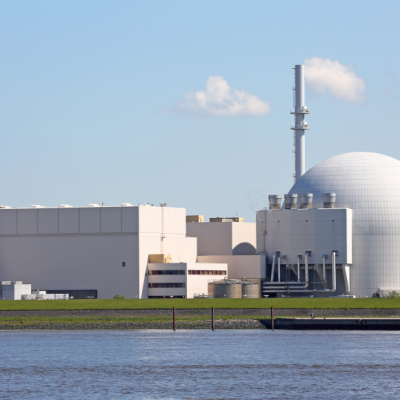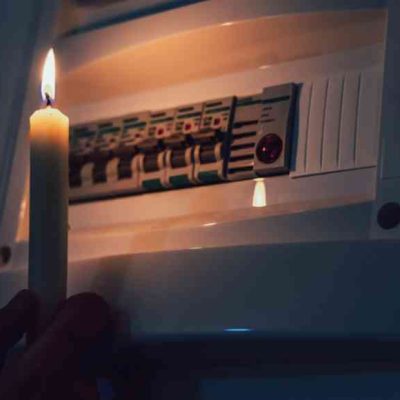Solar technology has become an integral part of our daily lives, with small solar panels found on rooftops, garages, and even in watches and calculators. However, the efficient storage of solar energy remains a challenge. Researchers at the German Aerospace Center’s Institute for Solar Research are working on developing new storage options for solar energy. The PEGASUS project, a solar thermal test power plant in Jülich, is testing a sulfuric acid reactor that aims to store solar energy almost without loss. The project is a collaboration with European research partners, and aims to generate electricity without emitting CO2, based on the combustion of sulfur.
The project’s final year will integrate particle technology into the solar tower plant, enabling a sulfur cycle process. If thermal solar power plants can be efficiently combined with conventional sulfuric acid production methods, sulfur could become an important storage material for solar energy. Researchers have found that sulfur can store solar energy almost without loss, with a 30 times higher energy density than conventional molten salt storage. Long-term storage of solar energy is essential to fully replace fossil fuel power plants with renewable energy sources.
Sulfur can be easily transported in the form of powder or liquid by ship, rail, or truck, and can be used for power generation in flexible power plants instead of natural gas. The PEGASUS project’s innovation is the combination of solar particle receivers with a sulfuric acid splitting reactor. The plan is to fill the sulfur storage tank during sunny weather and empty the sulfuric acid tank, and vice versa during cloudy weather or at night. Electricity is generated continuously in a 24-hour cycle through sulfur combustion, creating a renewable base load power with a constant production rate. The use of sulfur and sulfuric acid in a virtually loss-free cycle is a significant step towards sustainable energy storage.










